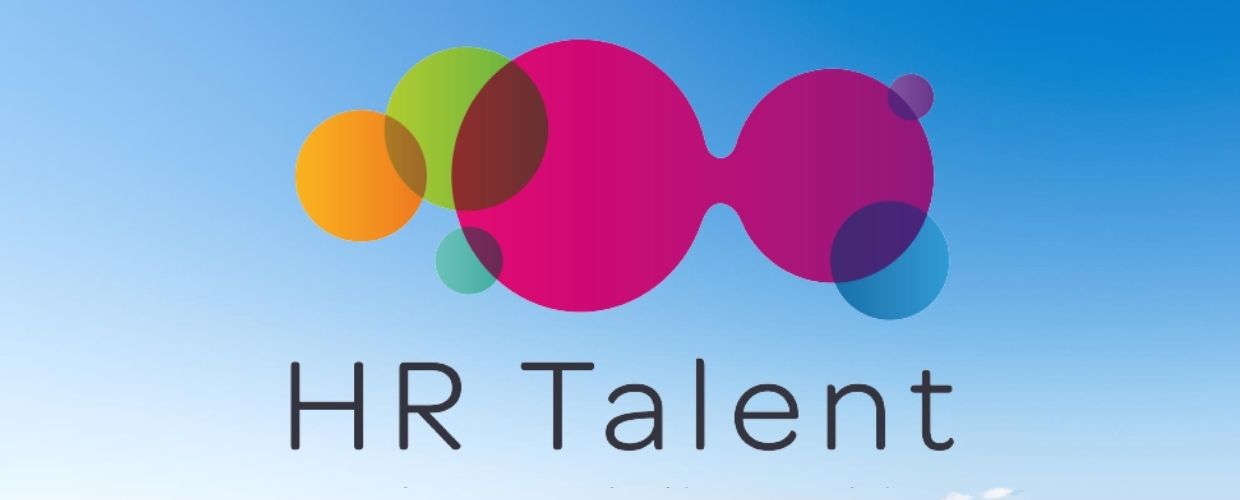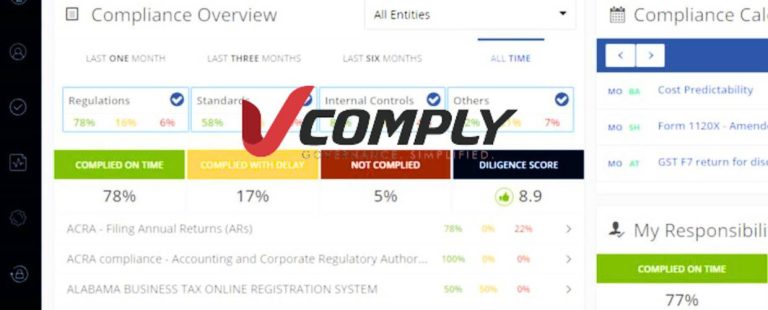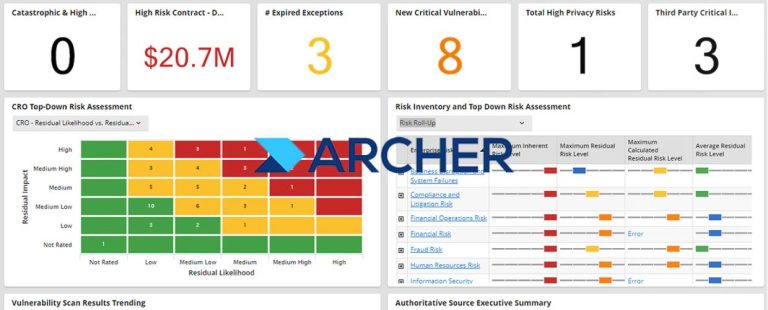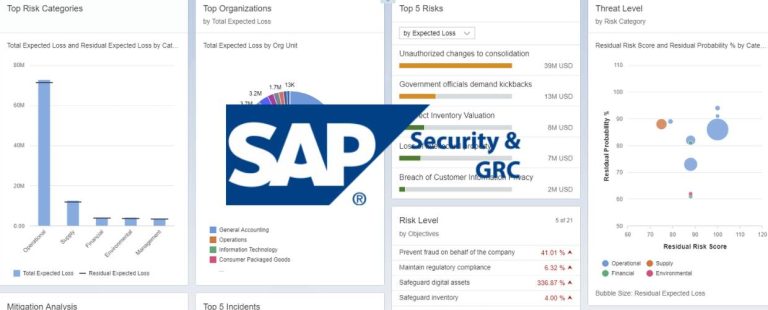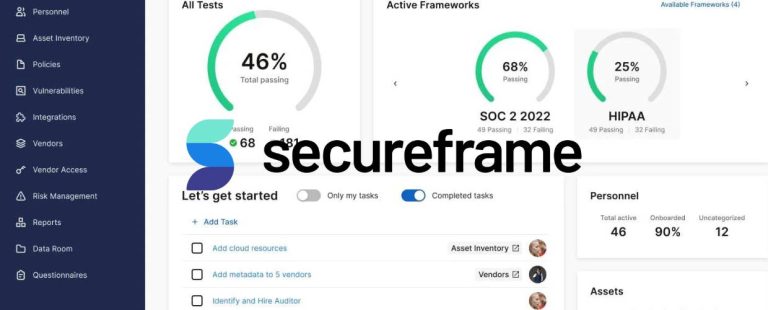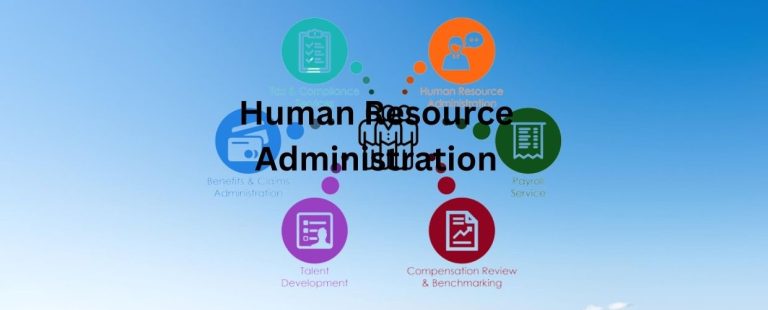In the rapidly evolving and competitive modern business landscape, the role of Human Resources (HR) has transcended mere administrative functions. HR is now a crucial strategic partner in attracting, developing, and retaining top talent – the driving force behind organizational success. HR talent management goes beyond routine HR practices, focusing on identifying and nurturing individuals with the right skills, capabilities, and cultural alignment to propel the company toward excellence. This article delves into the profound significance of HR talent, its various dimensions, critical components of effective talent management, and the transformative impact it bestows upon organizational excellence.
The Significance of HR Talent
In a realm where innovation, agility, and adaptability reign supreme, HR talent assumes the role of the organization’s backbone, providing the necessary impetus for growth and transformation. Several vital points underscore the critical significance of HR talent.
Competitive Advantage
HR talent is a wellspring of sustainable competitive advantage, fueling exceptional performance, creativity, and creative solutions that set the organization apart in a crowded marketplace. Organizations must continuously differentiate themselves in a rapidly changing business landscape to remain competitive. HR talent skilled, motivated, and aligned with the company’s mission and values becomes a strategic asset in this endeavor. Such talent infuses fresh perspectives, encourages innovative thinking, and collaborates across departments to devise unique solutions to challenges. By fostering an environment where it feels empowered to contribute its best ideas, organizations can consistently bring novel products, services, and strategies to the market, creating a distinct edge over competitors.
Employee Engagement
Engaged HR talent transcends the realm of routine tasks, becoming highly committed and productive contributors. Their positivity and dedication lay the foundation for a vibrant and inclusive work culture that radiates throughout the organization. A critical factor in HR talent’s ability to drive organizational excellence lies in their level of engagement. Engaged HR professionals are emotionally invested in their work, fostering an atmosphere of enthusiasm, commitment, and collaboration. They take ownership of their responsibilities, going above and beyond to ensure their contributions positively impact the company’s goals. Moreover, engaged often serve as role models for employee engagement, influencing colleagues across various departments to follow suit and elevate overall organizational morale.
Organizational Agility
In a landscape characterized by swift changes and dynamic customer preferences, HR talent empowers an organization to respond quickly, pivot effectively, and seize opportunities, ensuring relevance and success in the face of market shifts. The agility of an organization hinges on the skill of its HR talent. As the first point of contact for employees and a bridge between management and staff, HR professionals with a keen sense of market trends and changing employee needs facilitate rapid adaptation. For example, when consumer preferences shift, HR can collaborate with relevant departments to swiftly retrain employees or introduce new products or services that align with the emerging demand. Fostering an environment of continuous learning and open communication equips the organization with the flexibility to navigate uncertainties and capitalize on emerging opportunities.
Leadership Development
An astute HR talent management strategy identifies, nurtures, and develops future leaders from within the ranks. This foresight guarantees a consistent influx of competent leaders, securing a robust leadership pipeline. Developing influential leaders ensures the organization’s long-term success and sustainability. Its management involves identifying individuals who exhibit leadership potential and providing them with opportunities for growth and development. It can include mentorship programs, leadership workshops, and rotational assignments that expose emerging leaders to various aspects of the business. By nurturing HR talent into capable leaders, organizations create a seamless transition process and maintain a steady supply of executives aligned with the company’s vision and equipped to guide it through complex challenges.
Critical Components of HR Talent Management
Effective HR talent management is more critical than ever in today’s rapidly changing business landscape. Organizations must focus on critical talent management components to attract, develop, and retain the best talent.
Talent Acquisition
Talent management commences with a rigorous talent acquisition process. It entails crafting job descriptions that reflect the company’s culture, values, and objectives. Compelling interviews, encompassing behavioral and situational assessments, help identify candidates who align seamlessly with the organization’s ethos. To attract top-tier HR talent, organizations must craft compelling job descriptions that outline responsibilities and convey the company’s values and unique opportunities. The interview process should extend beyond evaluating technical skills to assess a candidate’s cultural fit and alignment with the organization’s mission. Behavioral interviews can uncover how candidates have demonstrated key competencies in past roles, while situational assessments provide insights into their problem-solving and decision-making abilities. Moreover, incorporating simulations or role-playing exercises relevant to HR scenarios can offer a glimpse into how candidates approach real-world challenges, enabling more accurate predictions of their on-the-job performance.
Employee Development
Nurturing HR talent is an ongoing endeavor involving implementing continuous learning and development initiatives. Comprehensive training programs, targeted workshops, and personalized mentorship efforts collectively contribute to honing skills and expanding capabilities. Continuous learning is a cornerstone of effective talent management. Organizations should invest in HR talent’s professional development by offering a range of learning opportunities. It could include workshops on the latest HR trends, certifications in HR-related disciplines, and access to industry conferences. Mentoring relationships provide a valuable avenue for HR professionals to receive guidance from seasoned colleagues, while cross-functional projects offer exposure to different aspects of the business. By facilitating continuous learning, organizations ensure their HR talent remains up-to-date with industry best practices and equipped to address evolving challenges.
Performance Management
Central to talent management is establishing robust performance management systems. These systems outline clear goals, facilitate regular feedback, and incorporate mechanisms for recognizing and rewarding achievements. Timely performance evaluations catalyze employee growth and amplify contributions to the organization’s triumphs. Effective performance management is a collaborative process between HR professionals and employees. Clear goal-setting and regular feedback sessions allow HR talent to align their efforts with the organization’s objectives and receive guidance on areas for improvement. Regular check-ins create opportunities to recognize and celebrate achievements, reinforcing a culture of appreciation and motivation. Constructive feedback gives HR talent the insights they need to refine their skills and enhance their contributions. Additionally, performance appraisals can serve as a platform to discuss career aspirations and chart a path for advancement within the organization, further motivating HR professionals to excel in their roles.
Succession Planning
The foresight of HR talent management is exemplified in succession planning. This strategic process identifies high-potential individuals within the organization and grooms them for critical roles. It ensures a seamless leadership transition, minimizing disruptions arising from personnel changes. Succession planning is a long-term strategy that ensures organizational continuity by developing a pipeline of skilled individuals prepared to assume leadership roles when vacancies arise. HR talent management involves identifying employees with leadership potential and creating tailored development plans to nurture their growth. It could include assigning high-potential individuals to cross-functional teams, providing mentorship from senior leaders, and offering stretch assignments that challenge their capabilities. By proactively cultivating a pool of qualified successors, organizations mitigate the risks of sudden leadership changes and position themselves for sustained success.
Employee Engagement and Retention
Sustaining a motivated and committed HR talent pool necessitates dedicated efforts to enhance engagement and foster a positive work environment. HR professionals orchestrate strategies that boost employee morale, celebrate accomplishments, and cultivate a sense of belonging. Employee engagement is integral to talent management, as engaged HR professionals are more likely to invest their energy and expertise in the organization’s goals. HR leaders can promote engagement by creating a work environment that values open communication, collaboration, and work-life balance. Employee resource groups, wellness programs, and team-building activities foster a sense of community among HR talent, helping them connect with colleagues who share similar interests and challenges. Recognizing achievements and milestones through awards, public recognition, and career development opportunities reinforce the idea that HR talent’s contributions are valued and integral to the organization’s success.
Transformative Impact of HR Talent Management
The transformative impact of effective HR talent management cannot be overstated. It is the foundation upon which successful organizations are built, enabling them to attract, develop, and retain the best talent in the industry.
Increased Productivity and Performance
The culmination of effective talent management manifests in heightened productivity and performance across the organization. Equipped with the right skills and driven by motivation, HR talent consistently delivers their best, propelling the entire organization forward. The impact of HR talent management is reflected in the measurable increase in HR department efficiency and the overall organizational performance it drives. HR professionals who undergo comprehensive training and development programs are better equipped to handle complex challenges, make informed decisions, and implement innovative strategies. It leads to streamlined HR processes, reduced errors, and improved response times to employee inquiries. Additionally, HR talent that feels valued and engaged is more likely to take ownership of their roles and go the extra mile to ensure that HR practices align with the organization’s objectives and contribute to overall operational excellence.
Higher Employee Satisfaction and Loyalty
Engaged and content HR talent reduces turnover rates and increases employee retention. This loyalty is a testament to the efficacy of talent management efforts, as employees become invested stakeholders in the organization’s journey. The impact of talent management extends beyond the HR department, influencing the entire workforce. When HR talent effectively manages employee concerns, implements fair policies, and champions employee well-being, the result is a workforce that feels heard, supported, and valued. Higher job satisfaction among employees reduces turnover rates, as individuals are likelier to remain with an organization that prioritizes their needs and fosters a positive work environment. This continuity enhances team cohesion, preserves institutional knowledge, and improves operational stability and sustained growth.
Innovation and Creativity
Nurtured HR talent is fertile ground for innovation and creativity. An environment that encourages idea-sharing and experimentation breed fresh perspectives, leading to enhanced problem-solving and the emergence of groundbreaking concepts. Innovation drives organizational excellence, and HR talent management is pivotal in fostering a culture of creativity. Organizations create an environment where innovative ideas can thrive by encouraging HR professionals to think outside the box and experiment with new approaches. HR professionals are uniquely positioned to design creative solutions to complex people-related challenges, from enhancing employee engagement to improving performance management processes. Furthermore, when HR talent feels empowered to voice their ideas and collaborate with colleagues, they contribute to a dynamic ecosystem where innovation becomes an integral part of the organization’s DNA.
Adaptability and Resilience
An organization’s resilience is contingent upon its HR talent’s adaptability. A well-managed talent pool is adept at weathering market fluctuations and industry disruptions, ensuring the organization remains steadfast in adversity. HR talent management equips organizations with the versatility to navigate uncertainty and change. HR professionals who are well-trained and empowered to anticipate and address workforce challenges can swiftly adapt HR strategies to align with evolving business needs. For instance, during economic downturns, HR talent can implement cost-effective measures to retain key employees and ensure business continuity. Similarly, in times of rapid growth, HR talent can scale recruitment efforts and develop strategies to onboard and integrate new employees seamlessly. By nurturing adaptability within the HR department, organizations establish a foundation of resilience that extends throughout the organization, allowing them to thrive in any business climate.
Enhanced Employer Branding
A robust HR talent management strategy augments the organization’s stature as an employer of choice. This positive branding resonates in the industry, drawing the attention of top-tier talent and fortifying the organization’s recruitment efforts. Effective HR talent management benefits the internal workforce and enhances the organization’s external reputation. When HR talent excels in creating a positive employee experience, word spreads among job seekers and industry professionals. Organizations with a reputation for valuing and developing their HR professionals become attractive destinations for top talent seeking growth and meaningful work. This reputation is a competitive advantage in the recruitment landscape, allowing the organization to attract high-caliber HR professionals eager to contribute to the company’s mission and vision. Furthermore, positive employer branding extends beyond HR talent, as potential clients, partners, and investors are likelier to engage with an organization that demonstrates a commitment to nurturing its workforce.
Conclusion
The paramount importance of HR talent management in achieving organizational excellence cannot be overstated. By proactively sourcing, nurturing, and retaining top-tier HR talent, HR professionals assume the role of architects shaping a thriving and resilient workforce. This symbiotic relationship between HR talent management and organizational success is reflected in amplified productivity, heightened employee satisfaction, and a burgeoning culture of innovation.
Embracing HR talent management as a strategic cornerstone equips organizations to navigate the complexities of the business landscape, ensuring perpetual growth, adaptability, and an enduring competitive edge. As organizations continue to recognize the intrinsic value of HR talent, they forge a path toward sustained prosperity, solidifying human capital as the unequivocal catalyst driving organizational excellence. Through effective HR talent management, organizations lay the foundation for a future where their people contribute to success and define it.
